31+ Operational Definition Examples to Download
In the realm of research, business, and strategic planning, the concept of an operational definition plays a pivotal role. It serves as a cornerstone for ensuring clarity, consistency, and objectivity in various processes. This article aims to provide a comprehensive understanding of operational definitions, their importance, and a step-by-step guide on how to create one. We will also delve into some frequently asked questions and provide insights into related topics such as annual operational plans, key performance indicators, and business goal setting.
1. Simple Operational Definitions Example
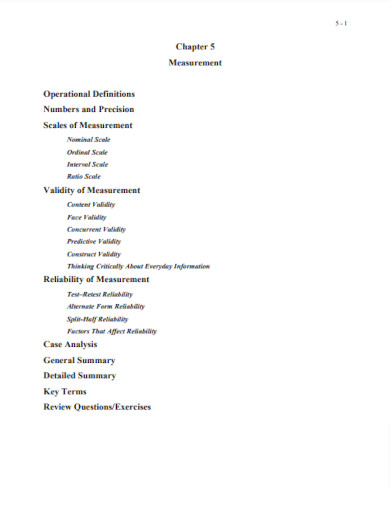
uca.edu
2. Modern Operational Definitions Example
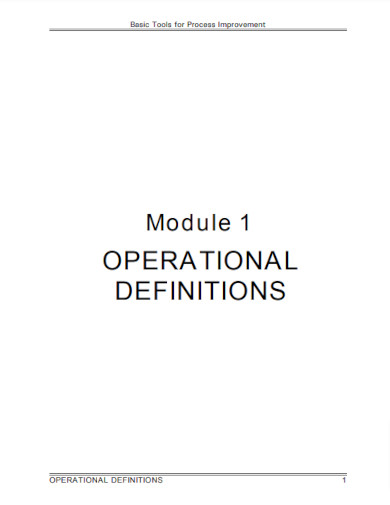
elsmar.com
3. Basic Operational Definitions Example
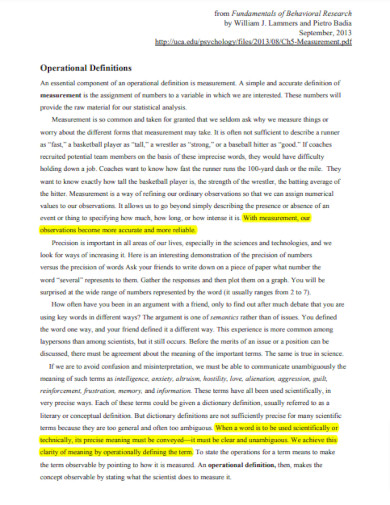
online225.psych.wisc.edu
4. Sample Operational Definitions Example
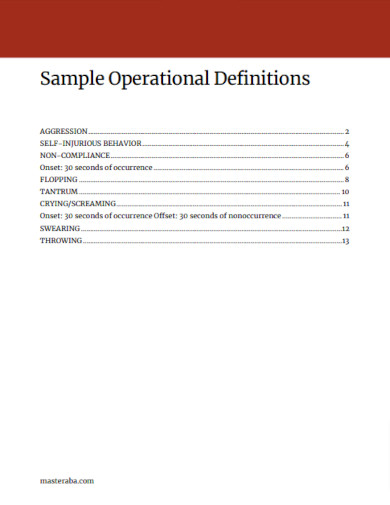
masteraba.com
5. Editable Operational Definitions Example
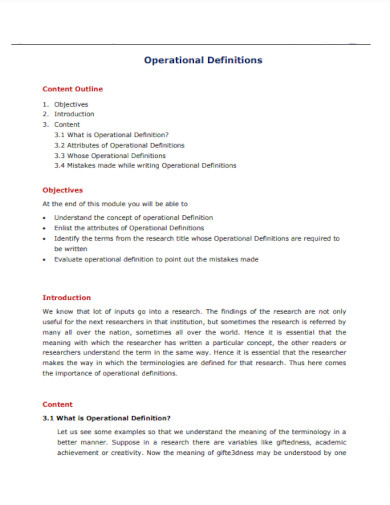
nmeict.detsndt.ac.in
6. Conceptual and Operational Definitions Example
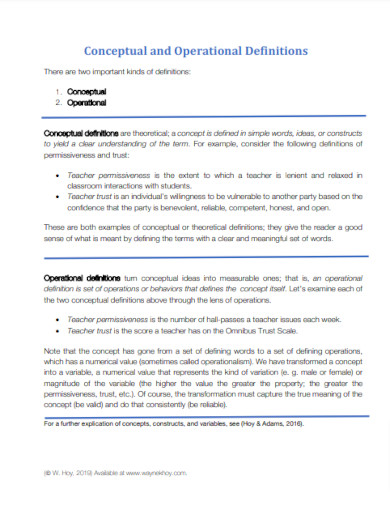
waynekhoy.com
7. Smiling Operational Definition Example
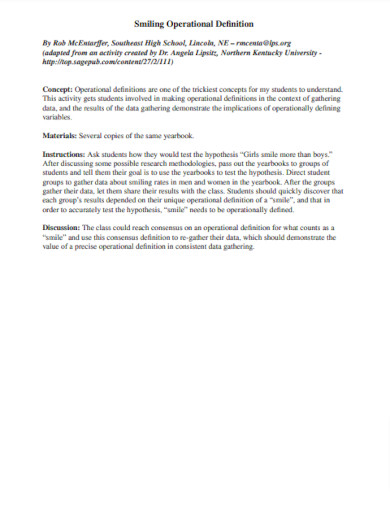
apa.org
8. Demystifying Operational Definition and Levels of Measurement
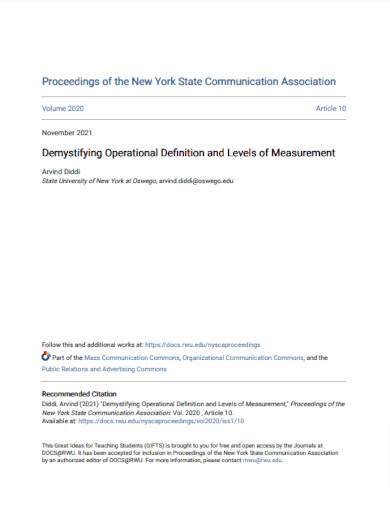
docs.rwu.edu
9. Proposing an Operational Definition Example
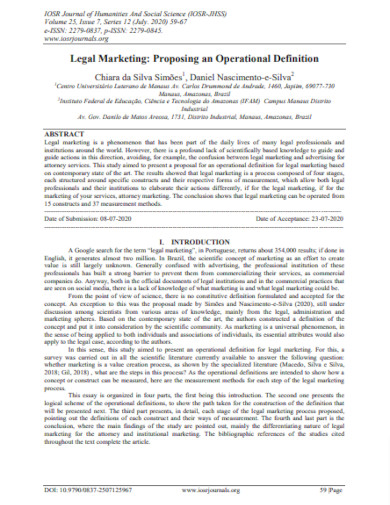
iosrjournals.org
10. Conceptual and Operational Definitions of Quality of Life
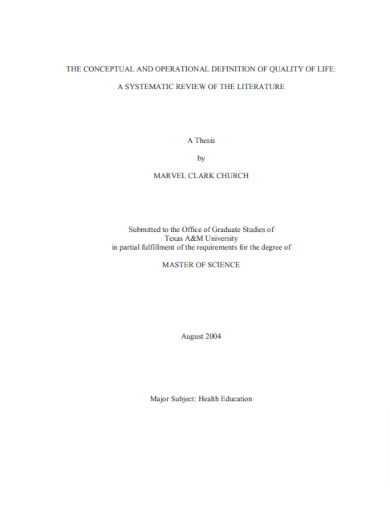
core.ac.uk
11. Working Vocabulary and Operational Definitions
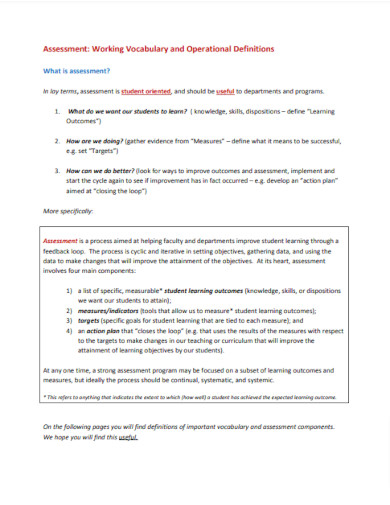
assessment.trinity.duke.edu
12. Operationally Defining Behavior Example
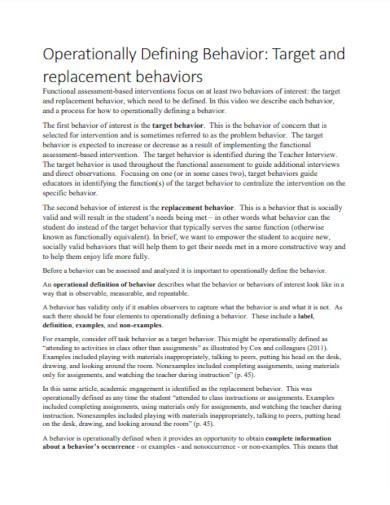
ci3t.org
13. Comparison of Three Operational Definitions of Job Satisfaction
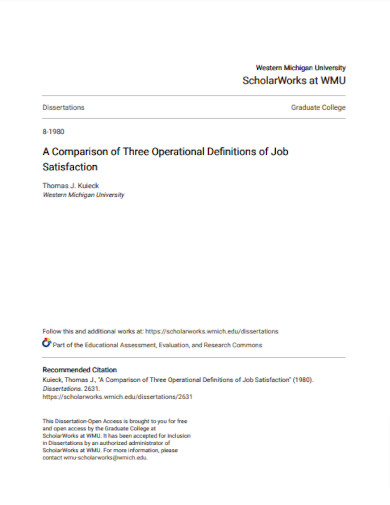
scholarworks.wmich.edu
14. Education Research Employing Operational Definitions
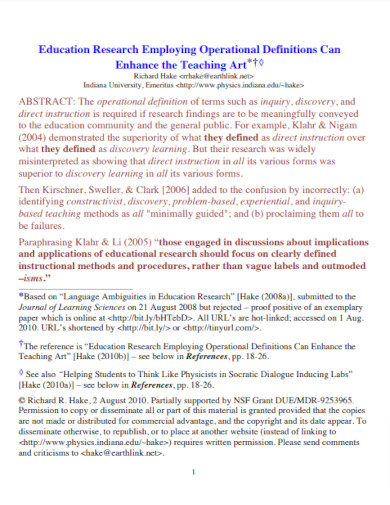
web.physics.indiana.edu
15. Operational Definitions in the Analects and Beyond
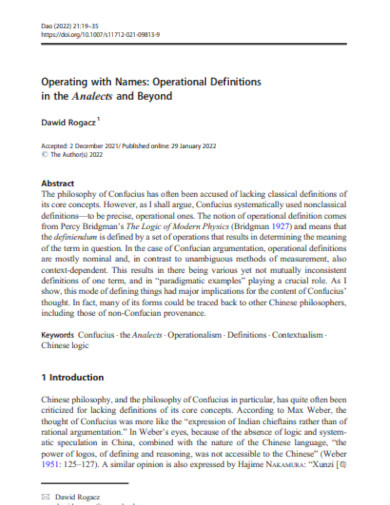
link.springer.com
16. Operational Definition for Evidence Based Practices
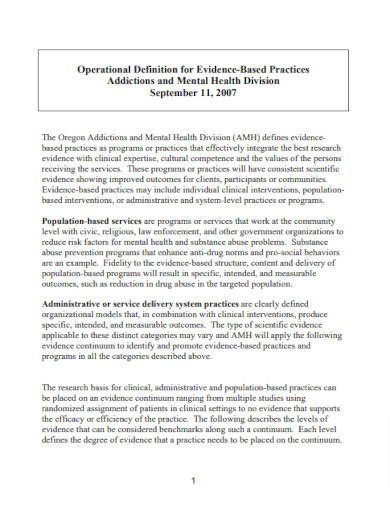
oregon.gov
17. Operational Definition of Context Example
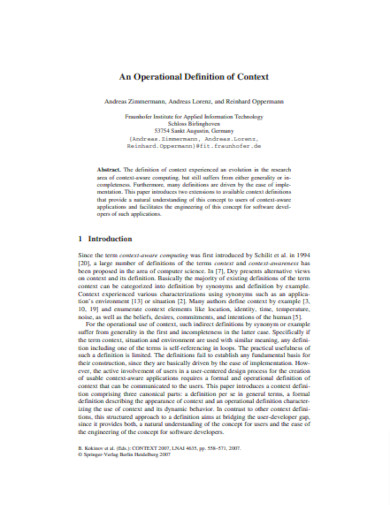
publica-rest.fraunhofer.de
18. Operational Definitions Worksheet Example
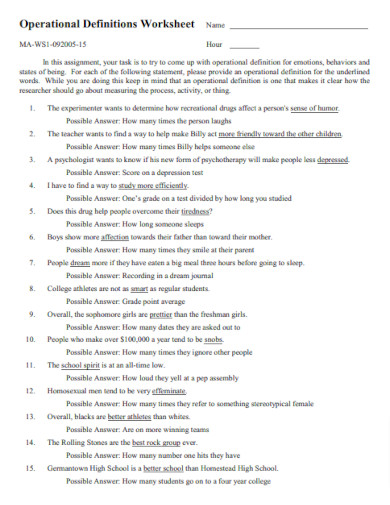
msmakarechian.weebly.com
19. Operational Definition of the Information Disciplines
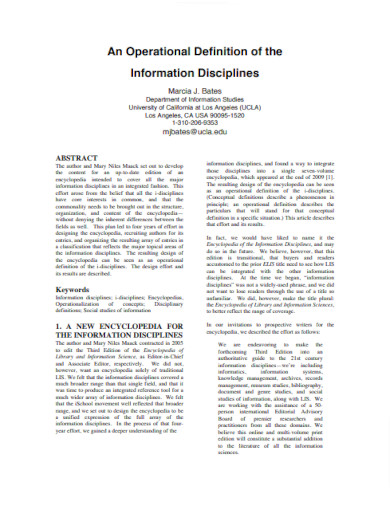
pages.gseis.ucla.edu
20. Proposal and Validation of a New Operational Definition
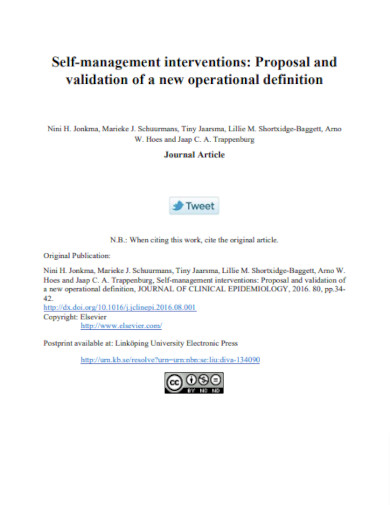
liu.diva-portal.org
21. Workshop Operational Definitions Example
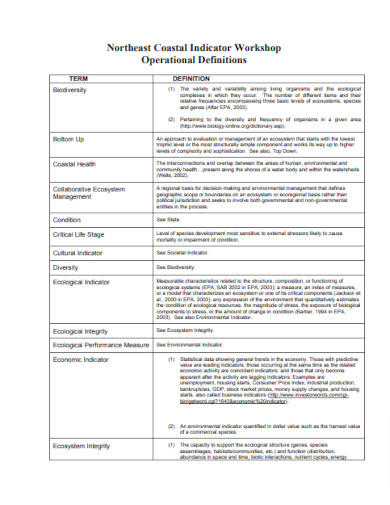
gulfofmaine.org
22. Operational Definitions in Socio Behavioral Drug use Research
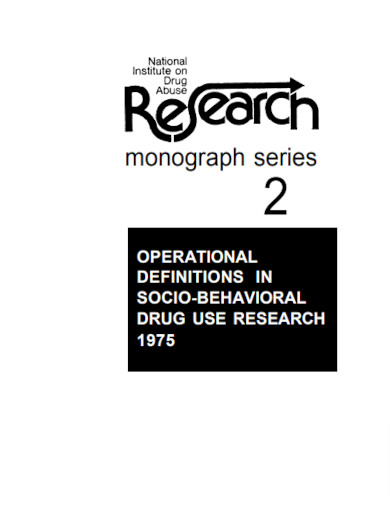
archives.nida.nih.gov
23. Printable Operational Definition Example

ftp.cdc.gov
24. Operational Definition of the Elements Example

joachimschummer.net
25. Private Health Sector An Operational Definition
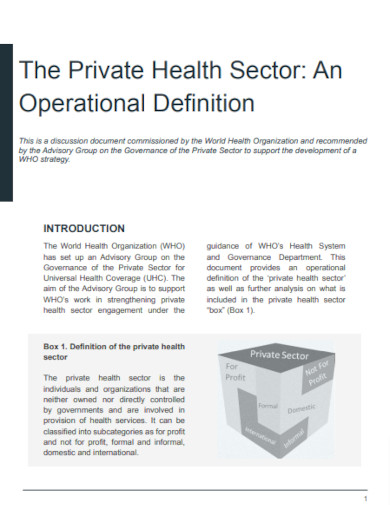
who.int
26. Intern Log Operational Definitions Example
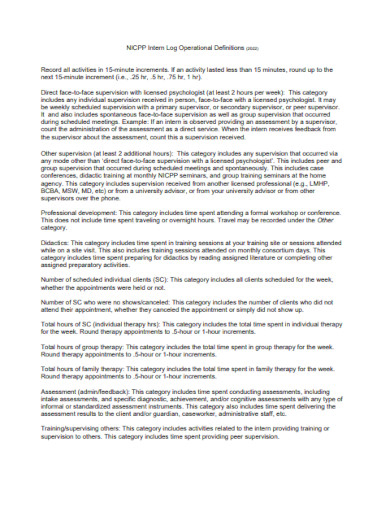
cehs.unl.edu
27. Views on Operational Definitions of Climate Finance
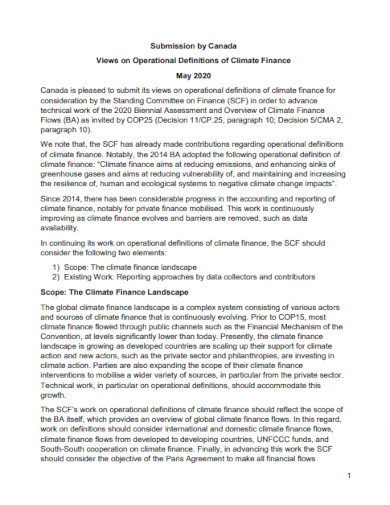
unfccc.int
28. Review of the Operational Definitions of Conflict

qcmhr.org
29. Family of Measures and Operational Definitions

phw.nhs.wales
30. Operational Definitions of Artificial Intelligence
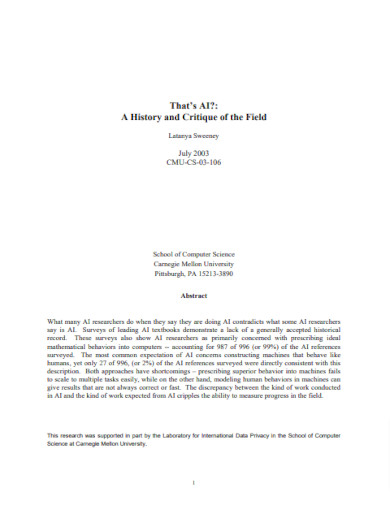
reports-archive.adm.cs.cmu.edu
31. Operational Analysis of Psychological Terms
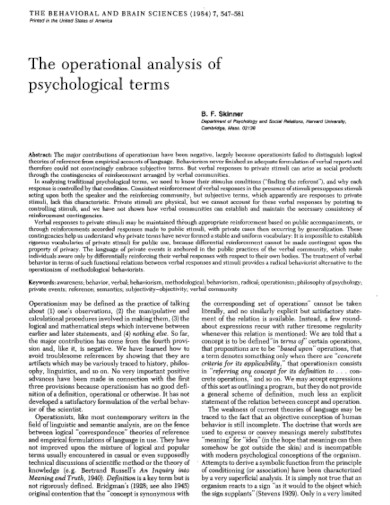
userpages.umbc.edu
32. Towards an Operational Definition of Critical Thinking
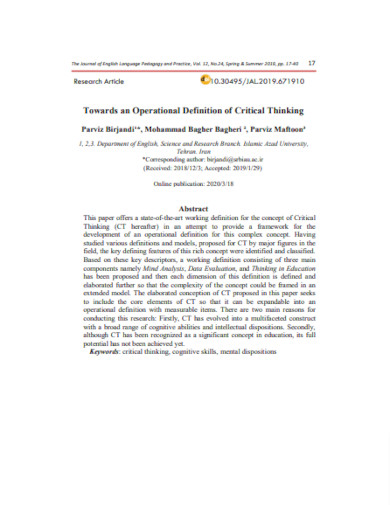
jal.tabriz.iau.ir
What is an Operational Definition?
An operational definition is a clear, concise, and measurable definition of a variable or concept in terms of the specific process or set of validation tests used to determine its presence and quantity. It is a critical component in research and business planning, ensuring that everyone involved has a shared understanding of the concept or variable in question. For instance, in a business plan, operational definitions help define goals and objectives, long-term goals, and key performance indicators.
How to Write an Operational Definition
Before we delve into the steps, it’s important to understand that writing an operational definition requires a clear understanding of the concept or variable you’re defining, its context, and the methods you’ll use to measure or identify it.
Step 1: Identify the Concept or Variable
The first step in writing an operational definition is to identify the concept or variable you want to define. This could be anything from a business goal in a simple operational plan to a risk factor in a risk assessment.
Step 2: Contextualize the Concept or Variable
Next, provide context for the concept or variable. This involves explaining where and when it is used, and why it is important. For instance, in a market analysis, an operational definition of market size might include the geographical area and time period it covers.
Step 3: Define the Measurement or Identification Process
The third step involves defining the process used to measure or identify the concept or variable. This could involve quantitative measures, such as numerical data, or qualitative measures, such as descriptions or categories.
Step 4: Validate the Definition
Finally, validate your operational definition by testing it to ensure it accurately and consistently measures or identifies the concept or variable. This could involve using it in a competitor analysis report or checking it against key performance indicators.
FAQs
1. How does an operational definition relate to a business plan?
In a business plan, operational definitions provide clarity and consistency by defining key concepts and variables, such as goals, objectives, and key performance indicators. They ensure everyone involved in the plan has a shared understanding of these elements.
2. Can an operational definition change over time?
Yes, operational definitions can and often do change over time, especially as understanding of a concept or variable evolves, or as measurement methods improve.
3. How does an operational definition contribute to an annual operational plan?
In an annual operational plan, operational definitions help to clearly define the plan’s goals, objectives, and key performance indicators. They provide a framework for measuring progress and success over the plan’s timeframe.
Operational definitions are a crucial tool in research and business planning, providing a clear, measurable definition of a concept or variable. By following the steps outlined above, you can create operational definitions that enhance clarity and consistency in your work, whether it’s a simple operational plan, a business plan, or a complex research project.

